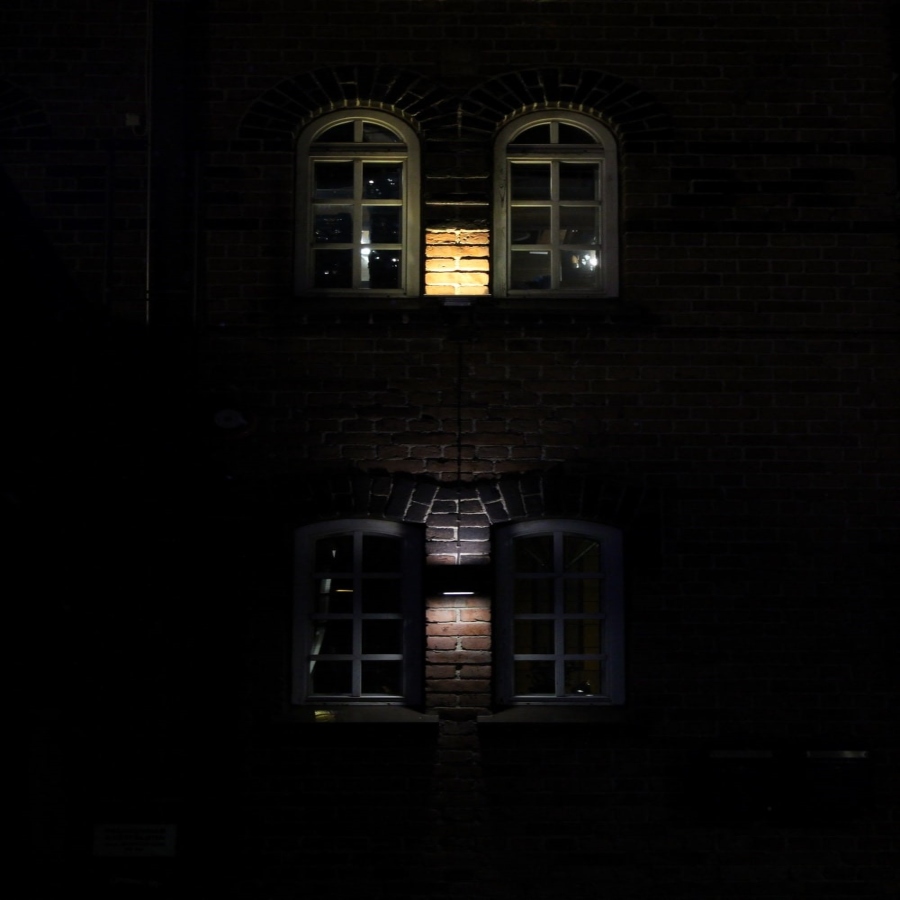You were 48 hours old when I called the midwife and told her that my uterus was falling out, hanging on by a thread. “That’s simply not possible,” she said, far too cool. I told her I was splayed on the bed, naked, holding a hand mirror, and nothing down there looked familiar. Sure, the reds and the pinks and the browns of me remained, but something had come untethered. Something gaped and was lost. You lay next to me sleeping, unaware, wrapped tight in a blanket like a burrito, the way they had taught me at the birthing center.
In the morning, she nursed the baby, ate an apple. In the afternoon, she nursed the baby, found her husband’s lunch forgotten in the fridge. Mid-afternoon, she ate a bagel. In the evening, she cooked spaghetti. In the morning, she picked up Cheerios the toddler threw on the floor. In the afternoon, she ate chik’n nuggets the toddler left on her plate. In the evening, she made salmon. In the morning, she packed the kindergartener’s Hello Kitty lunchbox, found the woman’s text messages on his phone. In the afternoon, she ate an edible, waited. In the evening, she ordered Thai.
After your father moved out, I almost bought a gun. I hate guns, but I don’t hate your father, despite what y’all seem to think. I wanted to protect you, just us in that house meant for a brood on an acre of woods. Pitch black nights that swallow you whole when you step outside without the porch light on. Guns offer the illusion of safety, protection. But after “family” became a thing with two houses, you didn’t need any more illusions. No, guns shatter. What I wanted was to hold the pieces of you together, whole, in the light.
She hides her loneliness the way some people hide a horrific scar, or an outside child. There are friends she could call, and she does, when she feels like pretending. Empty nest, missing breast. But her smile; she still turns heads. And she still goes into the office every day, and makes candy-filled care packages for the residents at the senior center every spring, until she can’t. She spends a small fortune on organic whipped body butters that make her sparkle. She revels in the way she lights her own fire. Like a shooting star, she is bright, brilliant, brief.
Pink balloons hover every few feet in the hospice center lounge. The birthday girl’s fresh white gown covers her remaining breast and falls just below her knees. Her house shoes are open-toed. Her fresh pedicure features a shimmering red. A kind nurse places a decorative cover on the colostomy bag. The lounge is filled with family and friends and old classmates, their laughter at a respectful volume. The birthday girl’s favorite foods cover a table in the corner. She takes one bite each of macaroni and cheese, potato salad, banana pudding. She looks around and tells her daughter, “I’m popular.”

